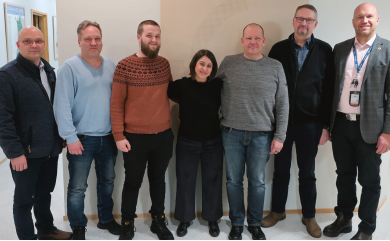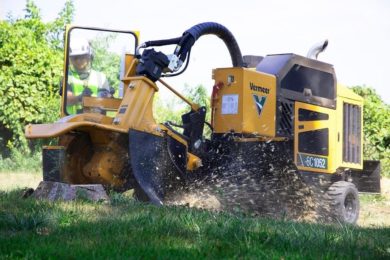Energy is critical to all development efforts across the globe. The absence of reliable energy supply could hamper development efforts, especially for struggling Third World economies. The link between energy and development constitutes the focus of an African Development Bank Group study – Gender, Poverty and Environmental Indicators on African Countries – released in Maputo, Mozambique, within the framework of the 2008 African Development Bank (AfDB) Group Annual Meetings.
Energy, the study says, is critical to improving the well-being of the poor, who need it for cooking, lighting, the production of goods and services, heating, water, and transportation. Access to energy affects quality of life as it contributes to better public services such as health care and education, as well as improving possibilities for income generation and employment, the study underscores.
The study emphasises that energy services can protect the local and global environment by helping curb deforestation and reducing greenhouse gas emissions. Energy’s crucial role in enabling development makes for the provision of adequate, affordable and reliable energy services necessary to the achievement of the Millennium Development Goals (MDGs). Simply improving access to energy is not sufficient, however, because energy is not an end in itself, but only a means to an end.
The development of sustainable energy systems must be integrated into larger development programs. Providing sustainable energy options ranks high on the international agenda, particularly energy derived from renewable sources and cleaner applications of fossil-based fuels. This was the case at the World Summit on Sustainable Development in Johannesburg in 2002 and this was reinforced in 2004 at the Bonn International Conference on Renewables in Germany and the World Summit on Energy for Development in The Netherlands. During the Bonn Conference, several African governments, institutes, and organisations committed themselves to the introduction of renewable energy or a more efficient use of energy. Although the largest number of energy-related commitments as pledged in Bonn originate in Europe (44%), Africa is still the second largest initiator with 20%. More than 580 million people in Africa – two-thirds of the continent’s population – do not have access to electricity, especially in rural areas where electrification rates might be as low as 2%.
On average, 92% of the continent’s rural population lives without electricity. The absence of regular and clean energy is considered to be the root cause of many health and environmental risks. In Sub-Saharan Africa, air pollution from wood fuels in inefficient stoves or open fires is responsible for 1,100 respiratory tract-related deaths per day, especially among women and children. Women and children are the primary users of household energy and they bear the burden associated with issues of access to reliable energy.
Improving energy services for the poor will significantly improve the living conditions of women and children. Increasing dependence on fuel imports and the high and volatile price of fuel threatens the security of national energy supplies and drains foreign exchange reserves of African countries.
Fortunately, Africa is endowed with vast unexploited renewable energy resources, including solar energy, wind energy, hydropower, biomass energy and geothermal energy. Poverty can be conceptualised in different ways, including economic (a personal income of less than $1/day) and social (lack of access to adequate levels of food, water, clothing, shelter, sanitation, healthcare, education, etc). Energy poverty can be defined as the absence of choice in procuring adequate, affordable, reliable, high-quality, safe and environmentally-benign energy services to support economic and human development.
Most poor people, particularly in Sub-Saharan African rely on biomass energy as the main source of basic energy services. In many areas, an increasing shortage of biomass energy adds to the burden of women who are generally responsible for collection of wood fuel. Although researchers, practitioners and international organisations have repeatedly raised the issue, the link between energy poverty is typically overlooked in energy planning. This can be attributed to the invisibility of the issue. Biomass energy, in most cases, is collected at zero monetary cost and it falls outside national energy statistics and energy balances.
The use of biomass energy by poor people is often a choice made from a narrow range of options. Limited cash prevents poor households from purchasing fuel-efficient appliances, resulting in higher energy consumption than that of less poor households.
Energy-efficient stoves that use less wood and reduce associated collecting time are not generally available to poor people, leaving them with energy-inefficient, smoke-generating open fires and stoves and adding a health hazard to the burden of collecting fuel. Being forced to opt for lower first-cost options instead of lower life-cycle cost resulting in using precious cash on low-quality fuels, which are then used at low efficiency, reducing the family’s ability to accumulate the financial resources needed to invest in strategies to improve their livelihoods. This vicious cycle of energy poverty needs to be broken. http://www.afdb.org/






